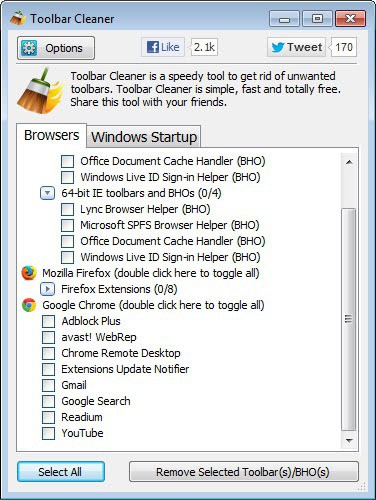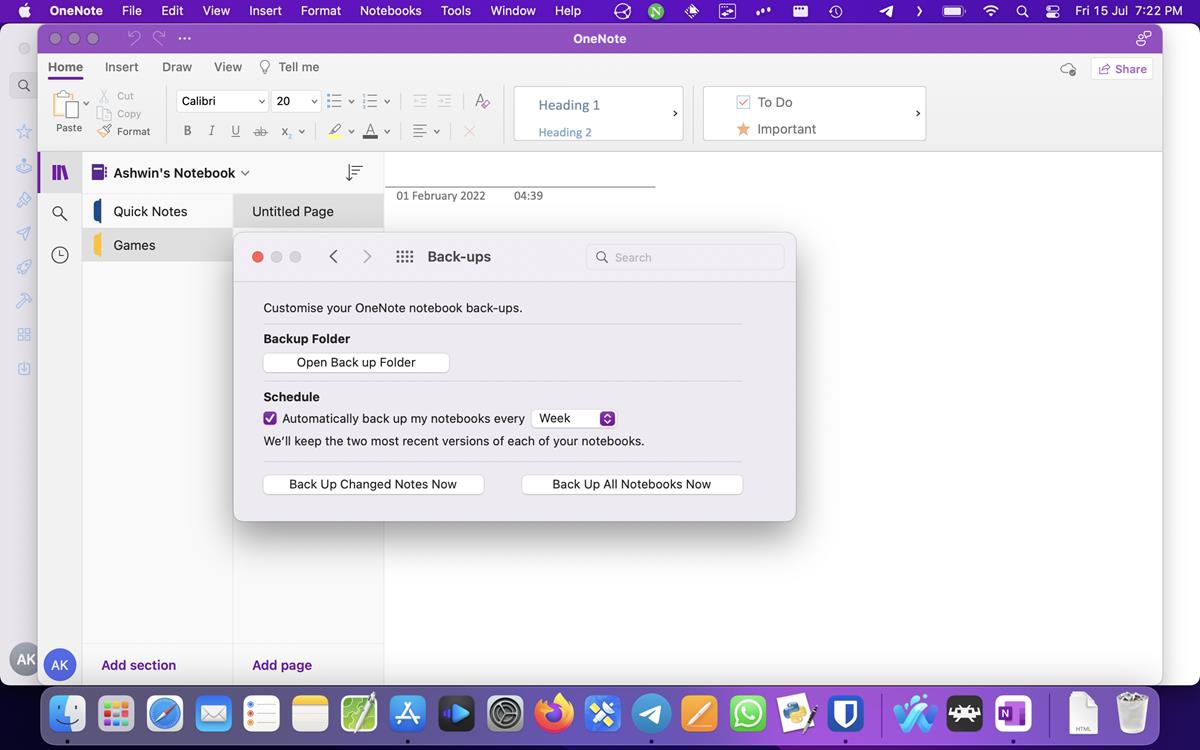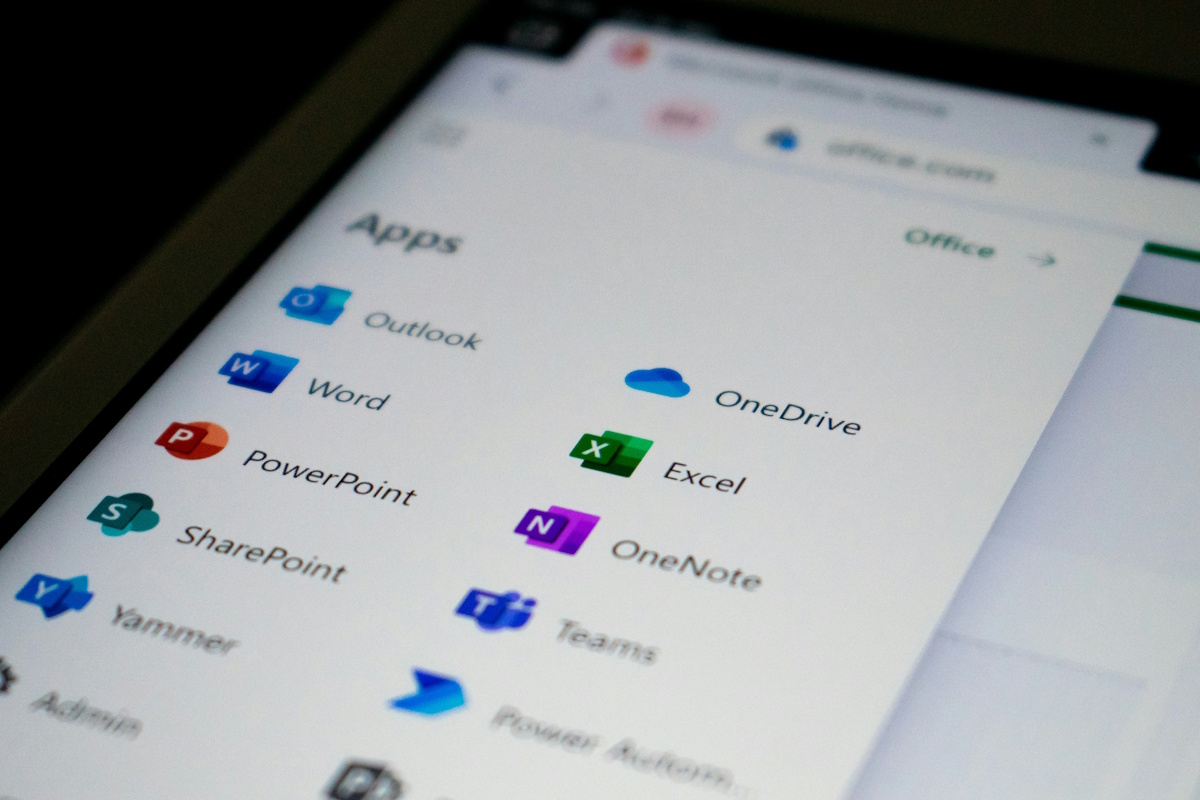Toolbar Cleaner update can now remove extensions as well

Are there users out there who are still willingly using toolbars? There may be a few who enjoy toolbars and the functionality they provide, but for the majority of Internet users, toolbars fall probably in the same category as adware or worse. The main reason for the general dislike comes down to the distribution process, especially the integration of toolbar offers into software installations, and there the fact that most offers are automatically selected so that users need to pay attention to the installation dialog to avoid ending up with toolbar installations on their computer.
Toolbars can sometimes be difficulty to remove, and while there are instructions to remove toolbars such as the Babylon Toolbar, the AVG Security Toolbar or the Ask Toolbar, it is sometimes easier to use a software to uninstall those programs from the computer system.
Toolbar Cleaner, which I reviewed back in 2011 is such a program. It has recently been updated with additional features that improve the quality of the program further. Before we start to look at the new features, I'd like to point out that the program too contains offers to make changes to the system and install software on it. While it won't install a toolbar - which would be terrible ironic to say the least, it may change the homepage of the web browsers it supports and install an Anti-phishing Domain Advisor tool as well, whatever that is. You are safe from this when you uncheck the two options during the installation.
The program supports Mozilla Firefox, Internet Explorer and Google Chrome. It will scan the browsers automatically on start and display all toolbars, as well as browser extensions and apps installed. It covers Firefox add-ons, Chrome extensions and apps, which is the new feature that the developers have integrated in the application.
This can be quite useful to remove unwanted extensions, for instance those installed by security software, from supported web browsers. To uninstall toolbars, browser helper objects, Firefox add-ons, Chrome extensions or apps, select them individually or all at once in the program and click on the remove button afterwards. Make sure the browser that you uninstall programs from is closed, so that you do not run into errors while trying to remove the contents.
The one thing missing, besides support for the Opera web browser, is the inclusion of plugins in the listing to remove those as well from the browser or system.
Still, if you are looking for an easy way to get rid of toolbars, I suggest you give it a try. (via A Tech Girl's Life)
Advertisement




















There are certain toolbars that are difficulty to remove and they are hard to deal with. So you can use softwares to uninstall such type of toolbars and it can be done quite simply.
The application doesn’t remove/uninstall toolbars/extensions/add-ons..
It just hides them.
Are you sure about that? I tried it with Google Chrome, and it did remove both extensions and apps from the browser. What do you mean by hiding?
Desn’t uninstall, just removes the references. System files like dlls….
remain on the system.
“There is a significant limitation here, in that Toolbar Cleaner is only removing the reference to the extension in your browser, not uninstalling the extension files themselves. So if you remove an IE toolbar, for instance, then it won’t be visible when you next restart the browser, but the core DLLs (or whatever) will still be on your system.
And in fact the program acknowledges this by offering to launch Control Panel, so you can manually uninstall the associated application yourself. “…
http://betanews.com/2012/11/08/toolbar-cleaner-reclaims-your-browser-from-unwanted-add-ons/
What a joke, a bloated Toolbar cleaner.